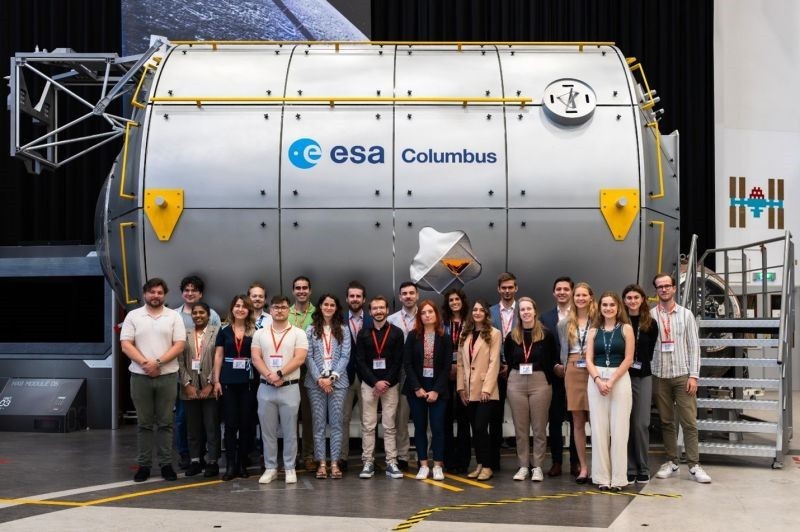GMV drives the SpaceKeepers-1 mission concept as part of its commitment to sustainable space
Within the framework of ESA’s Zero Debris initiative, GMV has led the SpaceKeepers-1 (SK-1) pre-Phase A study, in collaboration with Alén Space and IENAI Space — three Spanish companies at the forefront of space innovation.
The SK-1 mission aims to develop technological solutions and best practices to protect Earth’s orbital environment, envisioning a quieter and darker space, and ensuring safe access to orbit while maintaining a cleaner and more secure orbital ecosystem.
The mission’s main objectives are to propose procedures and solutions to mitigate the visibility of satellites in Low Earth Orbit (LEO) through Alén Space’s innovative High-Aspect-Ratio (HAR) platform — a rising trend in future space operations. Additionally, SK-1 will demonstrate a new CubeSat propulsion system, the ATHENA NANO developed by IENAI Space, capable of enabling controlled re-entry of small satellites. Finally, the mission foresees the integration of an autonomous space locator beacon to enhance the traceability of space objects along its entire lifetime.
These efforts align with ESA’s CleanCube campaing: Zero Debris for CubeSat Platforms guidelines, emphasizing reduction of re-entry altitude, improved maneuverability and traceability, and assessment of satellite visibility and brightness — anticipating ESA’s evolving methodologies.
Together, these contributions lay the foundation for a pioneering mission that advances space sustainability and reinforces Europe’s leadership in responsible space management.
